What Is Perinatal Depression?
Perinatal depression leaves expectant and new mothers with a variety of depressed and anxious feelings including irritability, self-doubt, guilt, hopelessness, and even suicidal feelings. It can occur any time during pregnancy and up to one year after delivery. This mental disorder has been shown to have negative effects on mothers’ quality of life and their intimate relationships, birth outcomes, and breastfeeding likelihood, as well as long-term effects on children’s cognitive and emotional development.
The phrases perinatal depression and postpartum depression are often used interchangeably, but perinatal depression is being used more now because it recognizes that these same symptoms can arrive during pregnancy and after giving birth.
Causes And Prevalence of Perinatal Depression in Women
According to recent studies, up to 3% of parental mothers (and fathers) experienced perinatal depression, with the majority being in the later postnatal period. Risk factors for perinatal depression include stressful life events, a history of depression, poor social support, unplanned and unwanted pregnancies, poor relationship quality, current or previous abuse, and low socioeconomic status.
Symptoms Of Perinatal Depression
Some women may be experiencing a few symptoms of perinatal depression, and others may experience more. How often symptoms occur, how long they last, and how intense they feel can also be different for each person. Some symptoms include:
- Persistent sad, anxious, or “empty” moods
- Feelings of guilt, worthlessness, hopelessness, or helplessness
- Fatigue or abnormal decrease in energy
- Feeling restless or having trouble sitting still
- Difficulty concentrating, remembering, or making decisions
- Difficulty sleeping, frequently waking up, or oversleeping
- Trouble bonding or forming an emotional attachment with the new baby
- Persistent doubts about the ability to care for a baby
- Thoughts about death, suicide, or harming oneself or the baby
The 988 Suicide & Crisis Lifeline, formerly known as the National Suicide Prevention Lifeline, is the fastest and easiest way to reach trained crisis counselors who can help with suicide and mental health crises. If you or someone you know is having these thoughts please call 988, or seek medical help immediately.
How Perinatal Depression Is Diagnosed
It can be difficult to identify perinatal depression because some of the symptoms, such as fatigue, weight gain, or altered sleeping patterns, overlap with the effects of a normal pregnancy. Your health care provider can perform a full assessment of mood and emotional wellbeing and identify perinatal depression, along with milder forms of depression (such as the “baby blues”) and more severe issues, including postpartum psychosis.
Preventing Perinatal Depression
Perinatal depression can affect any pregnant woman or new parent regardless of age, income, race, ethnicity, or education. Counseling and therapy can prevent or ease perinatal depression for women. Talking about your feelings and concerns with a counselor or therapist can help you understand these feelings better and cope with more challenges while pregnant or after giving birth.
When to Get Help
It is important for women who experience any of these symptoms to see a health care provider to determine whether they are due to perinatal depression or something else. Early symptoms of depression and anxiety can be detected through screenings during pregnancy and the postpartum period. Early detection and effective management of perinatal psychiatric disorders are critical to the welfare of women and their offspring.
Treatment Options for Perinatal Depression
Perinatal depression sometimes goes away on its own. But if the symptoms are interfering with your everyday life, or if they last longer than 2 weeks, you should seek treatment. The majority of women who have perinatal depression can be treated successfully with medication or a combination of medication and psychotherapy. A support group may also be helpful.
Medication Options
Women with perinatal depression are most commonly treated with antidepressants, which may help improve the way the brain uses certain chemicals that control mood or stress. Your doctor may need to try several different medications before finding the one that improves your symptoms and is safe to take while pregnant or nursing.
Talk Therapy and Alternative Treatments
Several types of psychotherapy (sometimes called “talk therapy” or “counseling”) have been used to treat perinatal depression. They include cognitive behavioral therapy and interpersonal therapy.
Cognitive Behavioral Therapy (CBT)
CBT is a type of psychotherapy that can help with the depression and anxiety you are feeling from pregnancy or childbirth. You can learn to challenge and change unhelpful patterns of thinking and behavior as a way to improve your depressive and anxious feelings and emotions.
Interpersonal Therapy (IPT)
IPT is an evidence-based therapy that has also been used to treat perinatal depression. The goal of IPT is to help you improve your communication skills within relationships, to develop social support networks, and to develop realistic expectations that allow you to deal with the issues that may be contributing to your perinatal depression.
